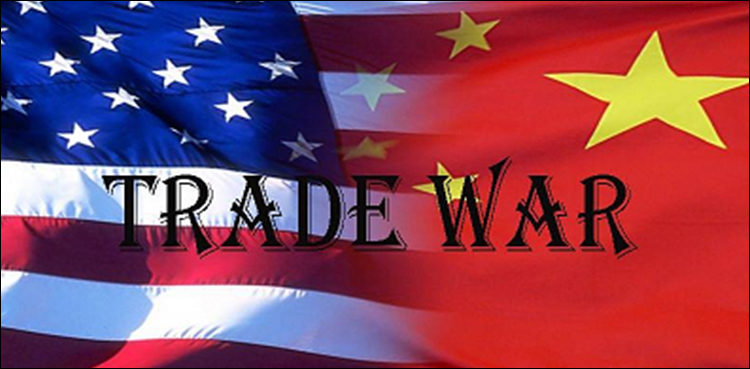 By Lu Jingxian ( Global Times, 7 August 2018) – One of my friends has been recently bickering with her husband over the family’s emigration plans to the US. My friend just acquired a US green card through family ties after going through a lengthy application process, but the husband is reluctant to move. Both of them work for a multinational company in Beijing and the point of contention is which of the two countries, China or the US, is better for the future for this typical middle-class family.
By Lu Jingxian ( Global Times, 7 August 2018) – One of my friends has been recently bickering with her husband over the family’s emigration plans to the US. My friend just acquired a US green card through family ties after going through a lengthy application process, but the husband is reluctant to move. Both of them work for a multinational company in Beijing and the point of contention is which of the two countries, China or the US, is better for the future for this typical middle-class family.Escalating competition between China and the US has triggered intensive debates among academics and strategists from both countries. The inference over the strength of the world’s top two economies will have implications for China-US relations, affecting billions of families.
Despite its superior strength, the US has always maintained a sense of crisis, a sentiment also served to unite its society and churn out continuous momentum for new growth. Since the new millennium, the hard and soft power of the US has been hit by a series of strategic missteps, for example, an expensive ideological war in the Middle East and a financial crisis that bruised the middle class.
After Donald Trump took the presidency in early 2017, he has charted an unprecedented governance course with many of his policies contradicting the founding values of the US. Instead of defending existing international institutions and mechanisms, the US under Trump has ditched many of its responsibilities and crushed norms.
An unpredictable US policy trajectory collides with an ascendant China, throwing up more questions on whether the US is in decline and if it is a question of time when China will overtake the biggest economic power. The mass media is full of sensational description of various situations, yet there are also many Chinese scholars who think rationally.
The book, In the 20th Century America by Zi Zhongyun, former director of the American Studies Institute of Chinese Academy of Social Sciences, has been recently reprinted. First published in 2000, the book summarizes how the US reached its apex in the 20th century. In the author’s own words, to figure out where the US is heading, we need to answer the question where did the US come from.
Zi thought the absolute hard power of the US, despite being challenged, is still far ahead of any other country and this will continue for a long time. Its soft power, mainly embodied by factors including the leadership as a democratic power, the ability to attract talent globally, a system that encourages innovation and self-correction mechanism, has been weakened compared to the post-WWII period. How the US will wield its unrivaled hard power will have far-reaching effects on the US and the world. In this respect, whether the US can repair its eroded soft power will be decisive.
As an influential scholar, Zi’s viewpoint is representative among Chinese intellectuals. In fact, it’s a mainstream understanding that the US is still a powerful country.
The “triumphalism” camp of opinion leaders is subject to fierce opposition in China’s public opinion sphere. Those who chant that China’s comprehensive national strength has surpassed that of the US have much less of an impact on netizens than those who are not so optimistic about the country’s future.
That said, China has acquired more ability to confront the US when its core interests are challenged. For example, on the Taiwan question, China is facing increasing pressure from the US. Growing national strength is enabling China to come up with more countermeasures against US strategic offensives. Beijing is sending a clear warning about severe consequences if the red line on the Taiwan question is crossed by Washington.
This stance, for safeguarding its national interests, shouldn’t be taken as a threat to the US leadership. China has no ability and will to challenge the global leadership of the US, yet, misjudgment of China’s policy intentions when its core interests are concerned could lead to serious consequences.
China is growing fast in hard power, but lags in soft power. Correctly understanding US national strength is of great importance in keeping Sino-US relations stable.
The author is a commentator with the Global Times. [email protected]


